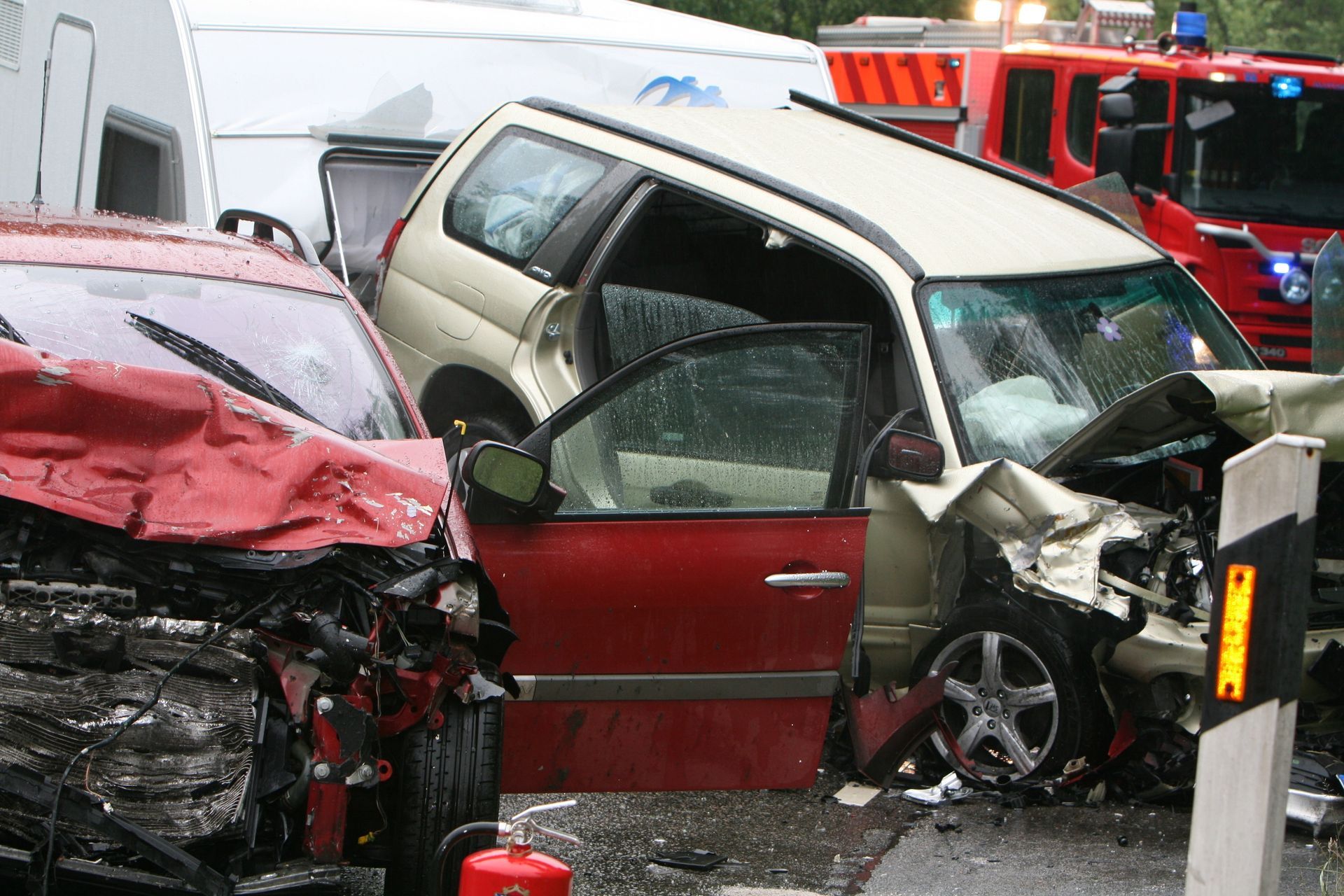Drink driving laws explained
Kells Lawyers • Feb 21, 2017
Drink driving is one of the most common criminal offences in NSW.
Section 9 of the Road Transport (Safety and Traffic Management) Act 1999 (NSW) provides that it is an offence for individuals with a prescribed blood alcohol concentration to:
- drive;
- attempt to drive; or
- occupy the seat next to the holder of a learner licence who is driving a vehicle.
<**>**Types of drink driving offences
In NSW there are four classifications of drink driving offences:
1. Low range PCA: blood alcohol concentration of between 0.05 and 0.079 g/100 mL
2. Mid range PCA: blood alcohol concentration of between 0.08 and 0.149 g/100 mL
3. High range PCA: blood alcohol concentration of over 0.15 g/100 mL.
4. Special range PCA: applies to special category drivers with a blood alcohol concentration of between 0.02 and 0.049 g/100 mL
Penalties
The penalties for drink driving include a period of disqualification from driving, monetary fines and a criminal conviction. For repeat offenders, the penalties may extend to good behaviour bonds and imprisonment.
A person who has been convicted of repeat or serious drink driving offences may be subject to a mandatory interlock order. This requires a period of disqualification, usually between 1 to12 months, followed by a period of participation in the interlock program, usually between 1 to 4 years. The interlock program allows a participating driver to only drive vehicles fitted with an interlock that electronically tests the drivers breath. The vehicle will be unable to start if alcohol is detected.
Danger zone – The morning after
There has been an increase in the prevalence of “morning after” drink driving offences, where people who have consumed alcohol the night before are still over the prescribed blood alcohol concentration the following day.
Roads and Maritime Services describes that a healthy liver breaks down less than one standard drink per hour and this will take even longer for some people. There is no way to speed up the rate that your body gets rid of alcohol and for some people it may take more than 18 hours for their blood alcohol concentration to return to zero, resulting in a high reading well into the next day!
Attempting to calculate your blood alcohol concentration is difficult and inaccurate and if in doubt about your blood alcohol concentration, it is always the safest option to not drive.
Need more information?
If you have been booked for a drink driving offence, contact the criminal law team at Kells for an initial consultation free of charge.

Kells has been delivering outstanding services and legal expertise to commercial and personal clients in Sydney and the Illawarra region for more than five decades. Our lawyers are savvy and understand your needs.
Subscribe
Want to get the latest articles and news delivered to your inbox?
Request a Callback
Need help with a legal issue? Send us your details and one of our team members will be in touch
Quicklinks
Expertise
Read Our Latest Insights
Our Locations
© 2022 Kells Your Lawyers | ABN: 67 503 870 940
Liability limited by a scheme approved under Professional Standards Legislation




